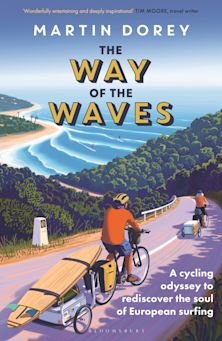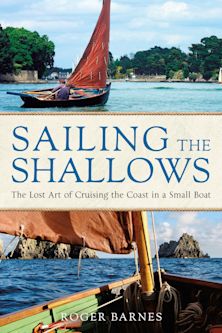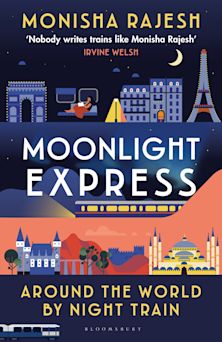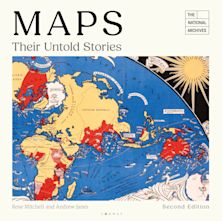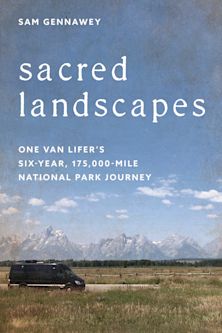- Home
- NON-FICTION
- Travel & Adventure
- First Russia, Then Tibet
You must sign in to add this item to your wishlist. Please sign in or create an account
Description
Blending classic travel writing with passionate observations on the deeper political and social issues of the time, Robert Byron writes with uncanny prescience of the eventual horrors of the Soviet Union and the downfall of the Raj.
Over the course of several months during 1931 and 1932, Robert Byron journeyed to three countries teetering on the brink of change. In Russia, which was stricken by famine, Lenin had just died, Stalin's dictatorship was in its infancy and the Great Terror was yet to begin.
Having taken the first commercial flight to India, which took a week, Byron was thrown into the tumultuous last years of the British Raj. Gandhi was imprisoned, while rioting and clashes between Hindus and Muslims had become commonplace.
Finally Byron entered Tibet, the forbidden country. Exploring the Land of Snows, he saw Tibet as it was when the then Dalai Lama was still ensconced in the Potala Palace, twenty years before China's invasion.
As a piece of travel literature, First Russia, Then Tibet is compelling and beautifully written. As a portrait of these countries in the 1930s, it is invaluable. Ultimately, it illuminates the constant quest for meaning that underscored Robert Byron's life and travels.
Table of Contents
PART I: RUSSIA
I. The New Jerusalem
II. Creed and Observance
III The Russian Aesthetic
IV. Moscow
V. Leningrad
VI. Veliki Novgorodm
VII. Early Russian Painting
VIII. Yaroslavl and Sergievo
IX. The Ukraine
PART II: TIBET
I. The Air Mail
II. The Desert Lands
III. Anglo-Himalaya
IV. Into Tibet
V. The Plains
VI. The Pleasures of Gyantse
VII. Lunching Out
VIII. Winter Comes Early
IX. A Tibetan Pilgrimage
Product details
| Published | Sep 30 2010 |
|---|---|
| Format | Ebook (PDF) |
| Edition | 1st |
| Extent | 256 |
| ISBN | 9780857718181 |
| Imprint | Tauris Parke Paperbacks |
| Publisher | Bloomsbury Publishing |
About the contributors
Reviews
-
One comes away from reading him with a joyous consciousness of having seen for the first time a whole world of unsuspected things.
Christopher Sykes
-
He would prove hugely influential: on travel literature, on conservation, and on our appreciation of Eastern literature.
Richard Canning, The Independent











